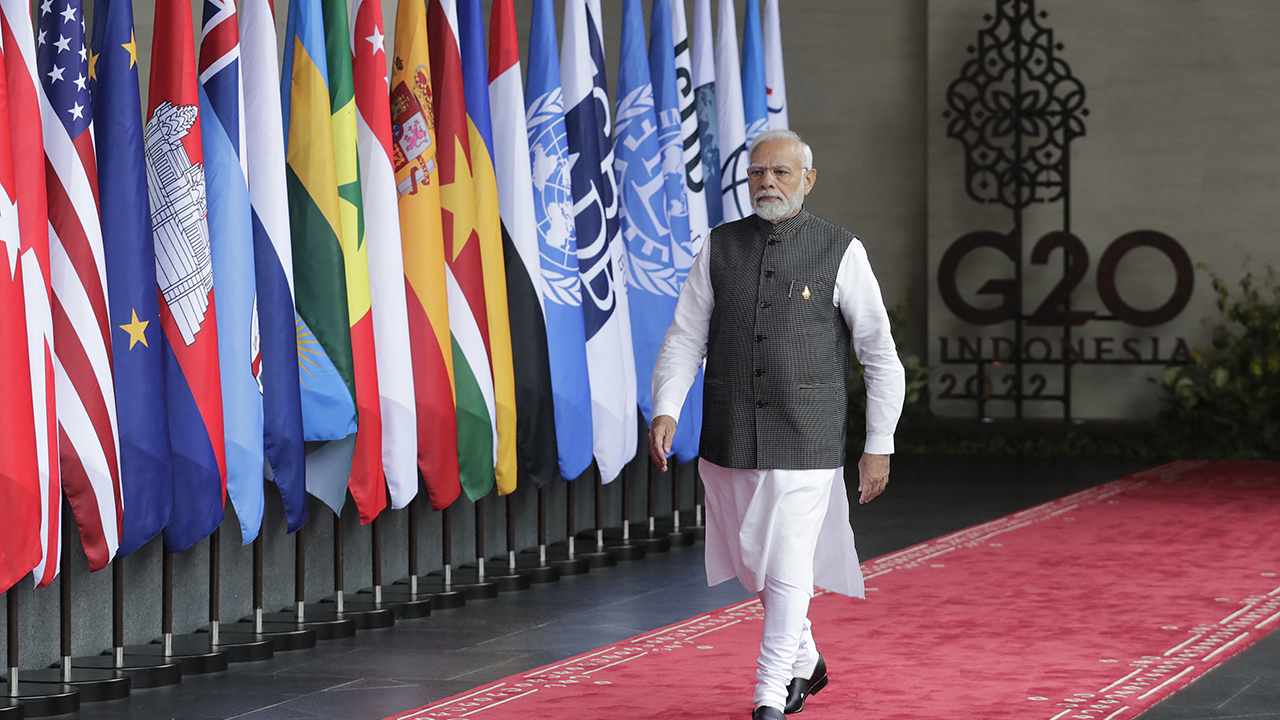
10 key takeaways about public opinion in Europe 30 years after the fall of communism
Read key takeaways from a new survey that explores European attitudes three decades after the fall of the Berlin Wall in 1989.
Read key takeaways from a new survey that explores European attitudes three decades after the fall of the Berlin Wall in 1989.
Thirty years ago, a wave of optimism swept across Europe as walls and regimes fell, and long-oppressed publics embraced open societies, open markets and a more united Europe. Three decades later, a new Pew Research Center survey finds that few people in the former Eastern Bloc regret the monumental changes of 1989-1991.
A decline in U.S. refugee admissions comes at a time when the number of refugees worldwide has reached the highest levels since World War II.
As leaders meet for the General Assembly, the United Nations has a mostly positive international image. Read key facts about how people worldwide view the UN.
Unfavorable opinion of China in the U.S. is at its highest level in 14 years of polling. Americans also increasingly see China as a threat, and more than half see friction in the current bilateral economic relationship.
The public’s views of two global threats facing the United States have changed in the past few years. Far fewer Americans view North Korea’s nuclear program as a major threat to the well-being of the U.S. than did so two years ago. Over the same period, there also has been a sharp decline in the […]
About two-thirds of U.S. veterans say the war in Iraq was not worth fighting, while 58% say the same of the war in Afghanistan.
Special to the Japan Times As host of last week’s Group of 20 summit and the upcoming 2020 Olympic and Paralympic Games, Japan has had many reasons to focus on the security of the nation’s cyberdefenses. For their part, the Japanese public worries that cyberattacks from other countries pose a major threat, and they have […]
Across many G20 countries, people are strongly in favor of increased gender equality and see global climate change as a major threat.
United Kingdom legislators in the House of Lords and House of Commons tweeted more critical content of Trump’s recent visit to the nation.
Across 12 countries, a median of 40% of adults say they have no confidence in Indian Prime Minister Narendra Modi to do the right thing regarding world affairs. About eight-in-ten Indians have a favorable view of Modi.
Majorities in most countries say China does not take into account the interests of other countries in its foreign policy, and China does not contribute to global peace and stability.
Across 24 countries, large shares have an unfavorable view of Russia and no confidence in Putin to do the right thing regarding world affairs.
Overwhelmingly, people believe the U.S. interferes in the affairs of other countries, but most also believe the U.S. contributes to peace and stability around the world. U.S. President Joe Biden receives mostly positive reviews.











